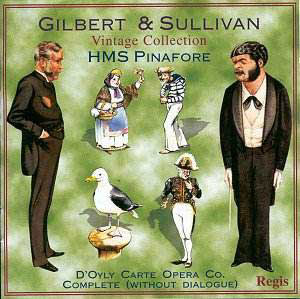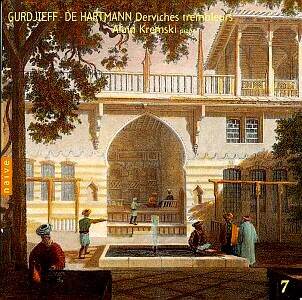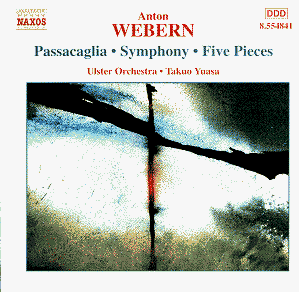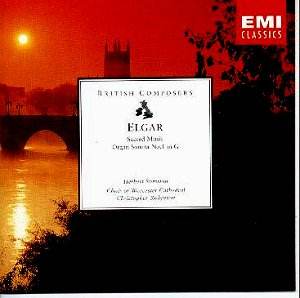 Composer: Arthur Sullivan
Composer: Arthur Sullivan
Works: HMS Pinafore
Performers: D’Oyly Carte Opera Company, New Promenade Orchestra/Isidore Godfrey
Recording: 1949
Label: NAXOS
Arthur Sullivan, the luminary of Victorian music, crafted a unique niche within the operatic landscape, primarily through his collaboration with W.S. Gilbert. “HMS Pinafore,” one of their seminal works, remains a cornerstone of English comic opera, showcasing Sullivan’s deft ability to meld sophisticated musicality with Gilbert’s razor-sharp wit. Premiering in 1878, “Pinafore” not only parodies the British class system but also introduces an intricate tapestry of catchy melodies and playful orchestration, hallmarks of Sullivan’s oeuvre. This 1949 recording by the D’Oyly Carte Opera Company, under the baton of Isidore Godfrey, captures the essence of both the work and its historical context, offering insights into the performance practices of the post-war revival of Gilbert and Sullivan operas.
The interpretation by the D’Oyly Carte Opera Company is steeped in tradition, reflecting the ensemble’s long-standing association with the material. Godfrey, adept at striking the right balance between lyrical flow and comedic timing, navigates the score with a keen understanding of Sullivan’s musical language. The overture sets a buoyant tone, characterized by its lively tempos and rich orchestral color, effectively laying the groundwork for the ensuing narrative. While the orchestration, though somewhat limited due to the constraints of the recording technology of the time, retains a vibrant energy that resonates throughout the performance.
Vocal performances in this recording exhibit a blend of character and technical prowess. Muriel Harding’s portrayal of Josephine is imbued with lyrical grace, her phrasing delicate yet expressive, particularly evident in her second aria, “The hours creep on apace.” Although some high notes exhibit wavering, her overall interpretation captures the character’s emotional depth. Leonard Osborn as Ralph delivers a robust performance, his tenor voice commanding yet nuanced, and while his vibrato can occasionally verge on excessive, it complements the character’s earnestness. Darrell Fancourt as Dick Deadeye brings a gravitas to his role, albeit with limited opportunities to showcase his vocal range in this particular opera. Martyn Green, as Sir Joseph Porter, excels in his patter, articulating Gilbert’s clever lyrics with remarkable clarity, which is vital to the comedic impact of the work.
The sound quality of this recording, originating from the last batches of 78-rpm wax masters, carries a certain nostalgic charm. While the acoustics may seem ‘boxy’ by modern standards, they authentically reflect the theatrical environment of the time. The equalization of this CD transfer from the LPs is commendable, allowing both the orchestral and vocal elements to emerge distinctly, creating an engaging listening experience that remains true to its theatrical roots. Godfrey’s meticulous attention to dynamic contrasts enhances the musical phrases, revealing subtleties that may be overlooked in more contemporary renditions.
Comparatively, while more recent recordings may benefit from advanced sound engineering and larger orchestral forces, they often lack the immediate connection to the theatricality and charm embodied by the D’Oyly Carte tradition. This recording stands resilient against its successors, providing a historical perspective that encapsulates the essence of Sullivan and Gilbert’s partnership. The accompanying notes by James Murray are insightful, though one might lament the absence of detailed matrix information, which would enrich the understanding of the recording’s historical context.
This 1949 recording of “HMS Pinafore” serves as both a testament to the enduring legacy of Sullivan’s music and a vibrant representation of the D’Oyly Carte Opera Company’s storied history. Its blend of spirited performance, historical significance, and musical integrity offers an engaging experience for both die-hard fans of Gilbert and Sullivan and newcomers alike. The recording not only preserves a pivotal moment in the revival of English comic opera but also affirms Sullivan’s rightful place as a master of melody and wit.



